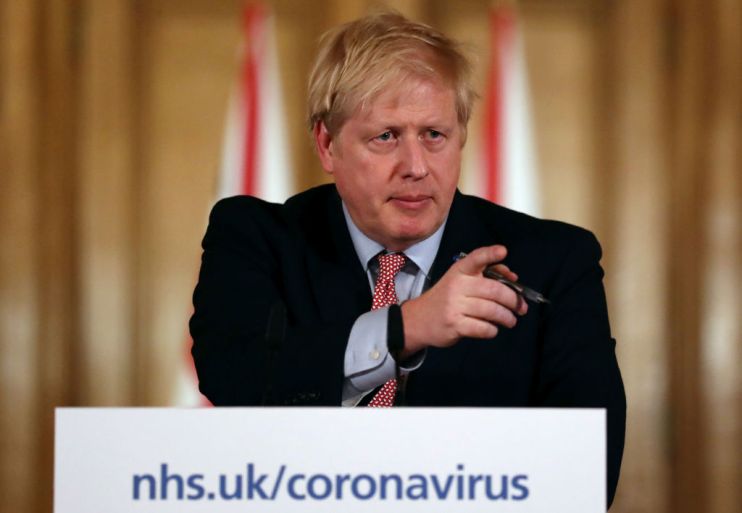The Covid-19 crisis can move us past the politics of easy answers

The Black Death begat the end of feudalism and the start of the Renaissance.
In the seventeenth century a golden age of architecture and science emerged from a London ravaged by fire and plague.
Pestilence can be the cradle of creative destruction, and perhaps it can move us past the age of populism and the politics of easy answers.
The last few weeks have shown us the dilemma which awaits nations around the world as this virus spreads. Shutdowns and curfews can slow it, but with dramatic economic effects. Keeping the high streets open can dampen the fiscal shock associated with the illness, but at a grave human cost.
Every government on the growing list of affected cases is having to reckon with decisions where there are no good outcomes. For once, they are being honest about it.
During the course of this crisis, the British government has been clear about the consequences that face us.
The economic costs of coronavirus could be severe, and that matters. A decline in growth is an abstract concept but it resonates in reality — fewer jobs, less pay, less money for services both now and in future.
The alternative is unthinkable — should the outbreak reach the worst estimates, it would mean thousands of excess deaths.
The reality is that all politics, all government, is based on the management of trade-offs. Higher taxes can stifle economic growth, while public spending cuts can harm the health, opportunities and wellbeing of the nation. More spending on the police can mean fewer nurses in hospitals, more money for pensioners can prevent support for the young and poor.
There are no easy answers. If there were, we wouldn’t need politics.
When coronavirus has passed, as pass it must, politicians should strive to retain this approach, for there are far more hard choices ahead.
Often, these can be deferred by politicians, bumped to the “too hard” pile for another administration to deal with. The exposure we face on the pensions of an ageing workforce, the need for comprehensive social care provision, and the battle against climate change are obvious examples, but many more exist.
The government should see that, through this current crisis, the public appreciate this honesty. Advice on washing hands and self-isolation is being followed. Businesses are showing a sensible level of caution towards their staff. Britain appears, besides a few raided shelves, to be falling neither into panic nor complacency. Some have criticised the response as too little — but appreciate the trade-offs of doing more.
This stands in contrast to the denialism of some other countries. Theocratic Iran sought to downplay the crisis to persevere the image of the regime. Its people are now suffering. Donald Trump’s United States, meanwhile, has veered from arrogant inaction to a European travel ban that offers few benefits but significant diplomatic and economic costs.
Neither ignorance nor knee-jerking will really address the issues of this pandemic.
Lessons must be learned for other issues. Rushing for easy answers or pushing decisions off for later only makes problems harder to solve. Denying the gravity and reality of the situation does not change it — it only hamstrings your response. When people are given sober choices and appraised of the risk of each, they will swallow the hard but necessary medicine.
This storm has shown the limits of fair-weather politicians. When it has cleared, we should emerge with a better understanding of tough decisions, and use it to tackle the ever-pending “too hard” pile.
Main image credit: Getty
